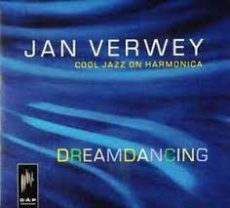
Daily Dose Of Jazz…
Jan Verwey was born on February 24, 1936 in Vlissingen, The Netherlands. A self-taught harpist, he created his own style on this characteristic instrument. He is the only one who plays octaves on the harmonica.
Very much a bebopper and his unique self-developed instrumental technique, he boldly brings about his desired harmony and melody to his solo’s. During his first visit to the United States in 1990 he was immediately rushed into the recording studio by producer Bill Goodwin, Phil Woods drummer, to record The Dutch Connection which led to a performance at the North Sea Jazz Festival in the Netherlands.
In 1991 he was back in the States being the only European invited to play at the festival Celebration Of The Arts in Watergap, as a soloist. He also gave a duo concert with pianist Hod O’brien who recorded with Chet Baker at The Dearhead Inn. In 2007 he was playing at festivals in Medicine Hat and Calgary in Canada. He has toured Europe, playing in Copenhagen, Denmark as well as Frankfurt, Hamburg, Dusseldorf, Rhede and Darmstadt in Germany.
He has a nomination for the Pall Mall Export Award, was a guest soloist with the Metropole Orchestra, in addition to guest performances on television- and radio shows. As a composer he has written for television series, documentaries and commercials.
He has recorded eight albums as a leader with his last being his 2019 The Music of Horace Silver. Harmonica player Jan Verwey, who plays bebop and cool jazz, continues to perform.
More Posts: bandleader,harmonica,history,instrumental,jazz,music
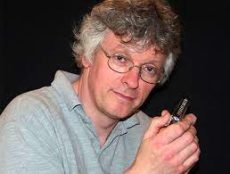
HENDRIK MEURKENS QUINTET
Hendrik Meurkens, a virtuoso on both the chromatic harmonica and the vibraphone, is the most important jazz harmonica player since Toots Thielemans. German-born but now based in New York, Meurkens’ recordings and performances garner worldwide acclaim because the transcendent beauty of his music has universal appeal.
A two-mallet player in the tradition of Milt Jackson and Bobby Hutcherson, Hendrik Meurkens was en-route to being an instantly recognizable vibraphonist when he heard Toots Thielemans. Inspired by the sound of Thielemans’ harmonica, he taught himself the difficult-to-master instrument.
Hendrik Meurkens’ other life-changing musical experience was his introduction to samba and bossa nova. He was so moved by Brazilian music that after perfecting his unique musical voice at Berklee, as a vibraphone major, he moved to Rio in the early 80s to totally immerse himself in music and culture of Brazil.
More Posts: adventure,club,genius,harmonica,jazz,music,preserving,travel
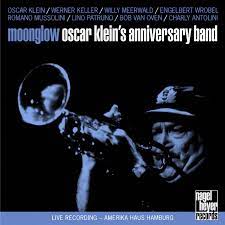
Daily Dose Of Jazz…
Oscar Klein was born on January 5, 1930 in Graz, Austria. His family fled the Nazis when he was young. He became known for older jazz like swing and Dixieland.
In the early Sixties he joined the famous Dutch Swing College Band in the Netherlands as first trumpeter and he is to be found on several of their recordings.
He played with Lionel Hampton, Joe Zawinul, Jerry Ricks and others. In 1996 he was honored by the Austrian President Thomas Klestil
Trumpeter Oscar Klein, who also played clarinet, harmonic and swing guitar, died on December 12, 2006 in Baden-Württemberg, Germany.
More Posts: clarinet,guitar,harmonica,history,instrumental,jazz,music,trumpet
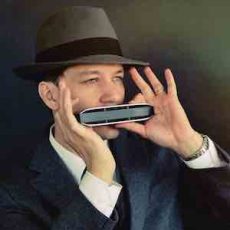
YVONNICK PRENÉ QUINTET
Yvonnick Prené was already playing the harmonica professionally by the age of 17 in Parisian jazz clubs. He later earned a master’s degree in music at the Sorbonne University in Paris, in 2011 and while still enrolled, he moved to New York City, receiving multiple scholarships at the City College of New York, Columbia University and at The New School for Jazz and Contemporary Music.
Prené has worked with top artists like Pasquale Grasso, Peter Bernstein, Kevin Hays, Bill Stewart, and many others.
More Posts: adventure,album,club,festival,genius,harmonica,jazz,museum,music,preserving,restaurant,travel
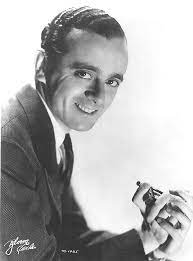
Three Wishes
The Baroness asked Larry Adler, if three wishes were grantable, what would they be and he replied this:
-
-
“I don’t know there is anything I want that badly. I live very much in the present and so my wishes are pretty damn well gratified. I’d like to write a show. Because all I’ve written so far are film scores, and you can’t tell by them if you’re a good composer or not. Even though one of my film scores got an Academy Award ~ my first film score, in fact! But you only really know when you write a show, and the music carries the show, and has an independent life outside the show. Gershwin is a good example of that..””And help a chick. You know: We have a common understanding.”
- “I’d like to be the best father it’s possible to be.”
- “I’d like to be emotionally where I am chronologically. Chronologically, I’m forty-eight. Emotionally, I’m nineteen ~ if I am nineteen!”
-
More Posts: baroness,harmonica,history,instrumental,jazz,music,pannonica,three,wishes




